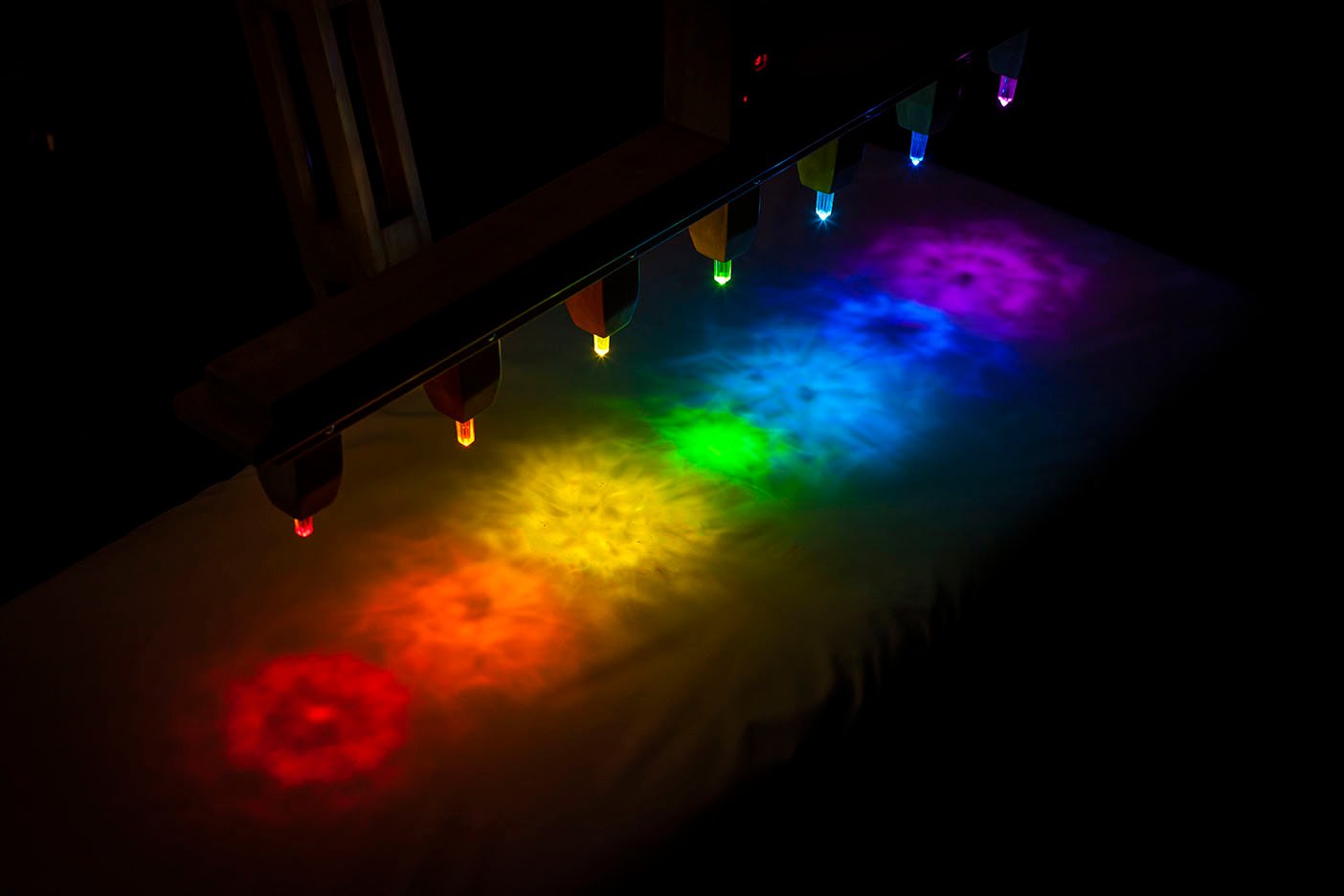
Bronzite Crystal – Meaning, Benefits, Healing Properties & How to Use
What is Bronzite?
Hold bronzite under a single lamp and watch tiny bronze flecks fire like sparks from smoldering charcoal. This iron-rich variety of enstatite forms deep in the mantle, then hitchhikes to the surface inside volcanic rocks, where weathering browns its once-green matrix. Its sheen—called schiller—looks like antique coins tumbled smooth by tide and time. A solid 5½ on the Mohs scale, bronzite feels heavier than expected for its size, the way a pocketful of change can surprise a palm.
Benefits of Bronzite
Practitioners credit bronzite with restoring follow-through, the grit to finish tasks that have lost their novelty. It’s said to redirect resentment into solution-oriented stamina, strengthen old-school manners, and anchor people who habitually float from one shiny idea to the next. Whether placebo or placebo-plus, the stone’s earthy shimmer reminds the brain of tilled soil—work waiting, seeds sprouting, patience required.
How to Use Bronzite?
Place a tumbled piece beside your to-do list; cross off items only after sliding the stone across each line, giving the act a tactile payoff. During heated debates, rub its silky surface while counting to five; the small pause often saves big apologies. Crafters glue a sliver atop their sewing machine as a promise to finish quilts rather than pile up half-done squares.
Healing Properties of Bronzite
Color wheel: espresso, umber, and flashes of coppery light. Formula: (Mg,Fe)₂Si₂O₆ with iron lending the metallic flares. Sources: Brazilian Minas Gerais, India’s dusty plateaus, and German quarries once mined for cannon barrels. Keywords: resolve, civility, grounded stamina.
Bronzite Cleaning and Maintenance
Water-safe but prefers brief rinses—extended soaking dims the polish. Dry thoroughly, then leave under a houseplant overnight; living soil balances its metallic tilt. Sun exposure is safe; the stone doesn’t fade. Wrap in linen before tossing into a pocket to avoid grit scratching the schiller.

